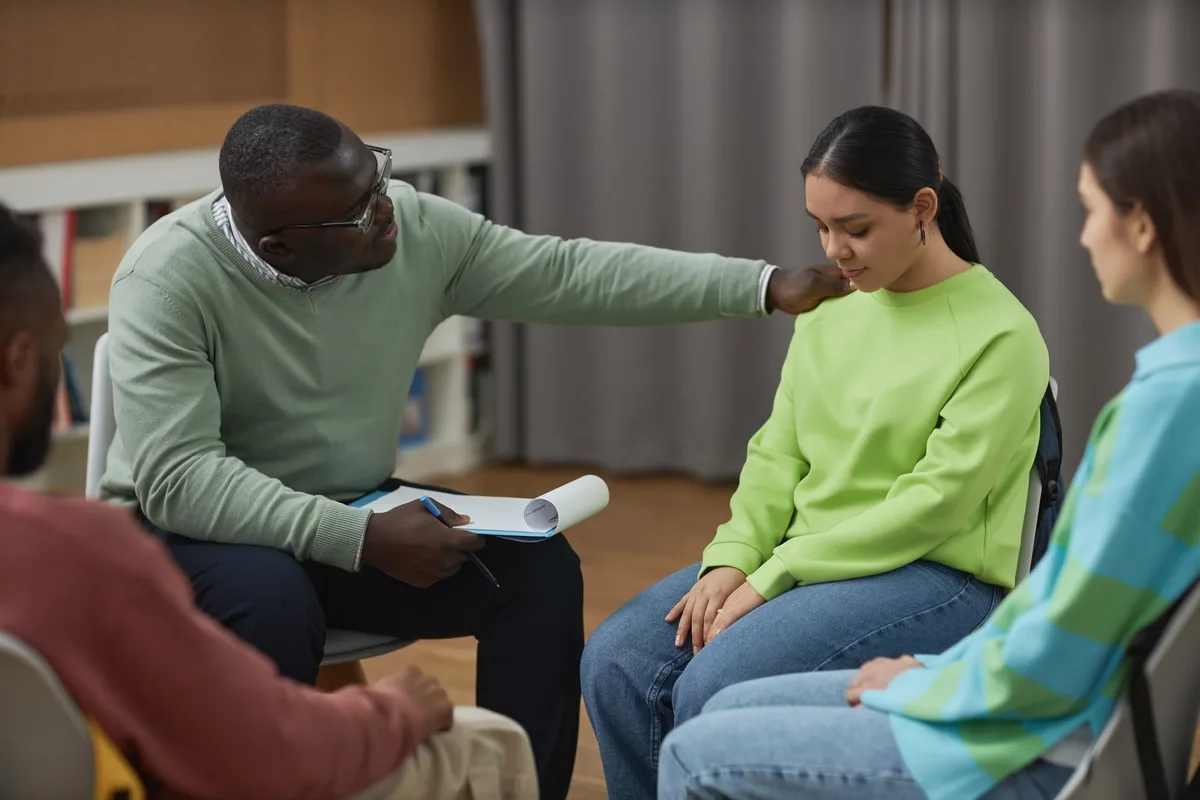24/7 Helpline:
(866) 899-221924/7 Helpline:
(866) 899-2219
Learn more about PTSD Treatment centers in Natural Bridge Station

Other Insurance Options

WellPoint

Access to Recovery (ATR) Voucher

Health Choice

United Health Care

Choice Care Network

Evernorth

Meritain

Horizon Healthcare Service

Premera

Coventry Health Care

Excellus

ComPsych

BHS | Behavioral Health Systems

MHNNet Behavioral Health

Humana

EmblemHealth

Highmark

Oxford

Molina Healthcare

WellCare Health Plans













